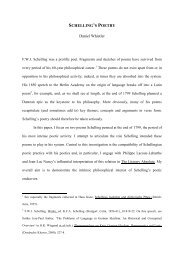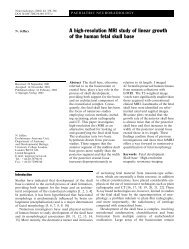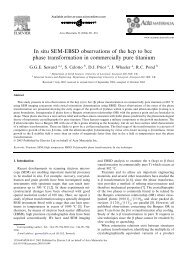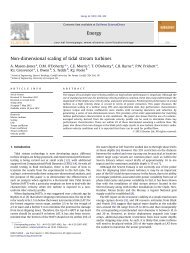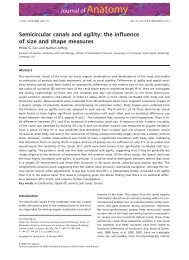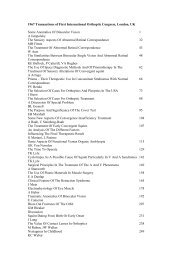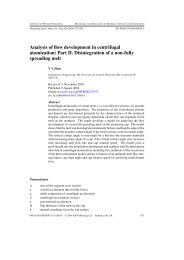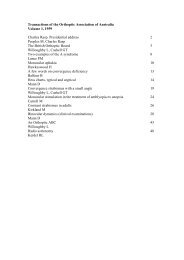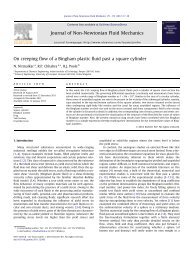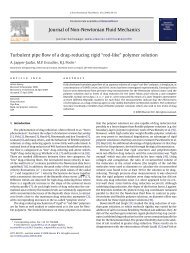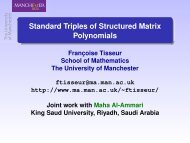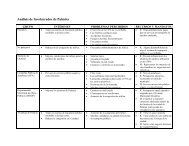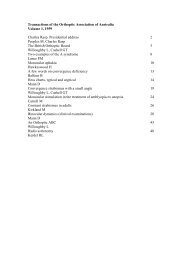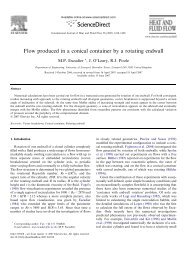The Discipline of Pious Reason: Goethe, Herder, Kant Daniel ...
The Discipline of Pious Reason: Goethe, Herder, Kant Daniel ...
The Discipline of Pious Reason: Goethe, Herder, Kant Daniel ...
Create successful ePaper yourself
Turn your PDF publications into a flip-book with our unique Google optimized e-Paper software.
union is the natural inclination <strong>of</strong> humanity: humanity lives to ultimately become like<br />
God. This natural inclination is also the effect <strong>of</strong> the divinity implanted in humanity<br />
from the beginning. 5 In line with this implant, the individual strives to revert back to<br />
her source and, in so doing, rise above the finite realm. For all these doctrines, fusion<br />
is the appropriate goal <strong>of</strong> human striving. <strong>The</strong> proper—or pious—relation to God is<br />
one that puts an end to all relations by merging God and humanity together into the<br />
One. In consequence, it also puts an end to all piety and to finitude altogether. This is<br />
a self-destructive form <strong>of</strong> piety. 6<br />
Contemporaneous with Ganymed, <strong>Goethe</strong> wrote the poem Prometheus. Its second<br />
stanza reads,<br />
Ich kenne nichts Ärmeres<br />
Unter der Sonn’, als euch, Götter!<br />
Ihr nähret kümmerlich<br />
Von Opfersteuern<br />
Und Gebetshauch<br />
Eure Majestät<br />
Und darbtet, wären<br />
Nicht Kinder und Bettler<br />
H<strong>of</strong>fnungsvolle Toren.<br />
I know <strong>of</strong> no poorer thing<br />
Under the sun, than you gods!<br />
Wretchedly you feed



